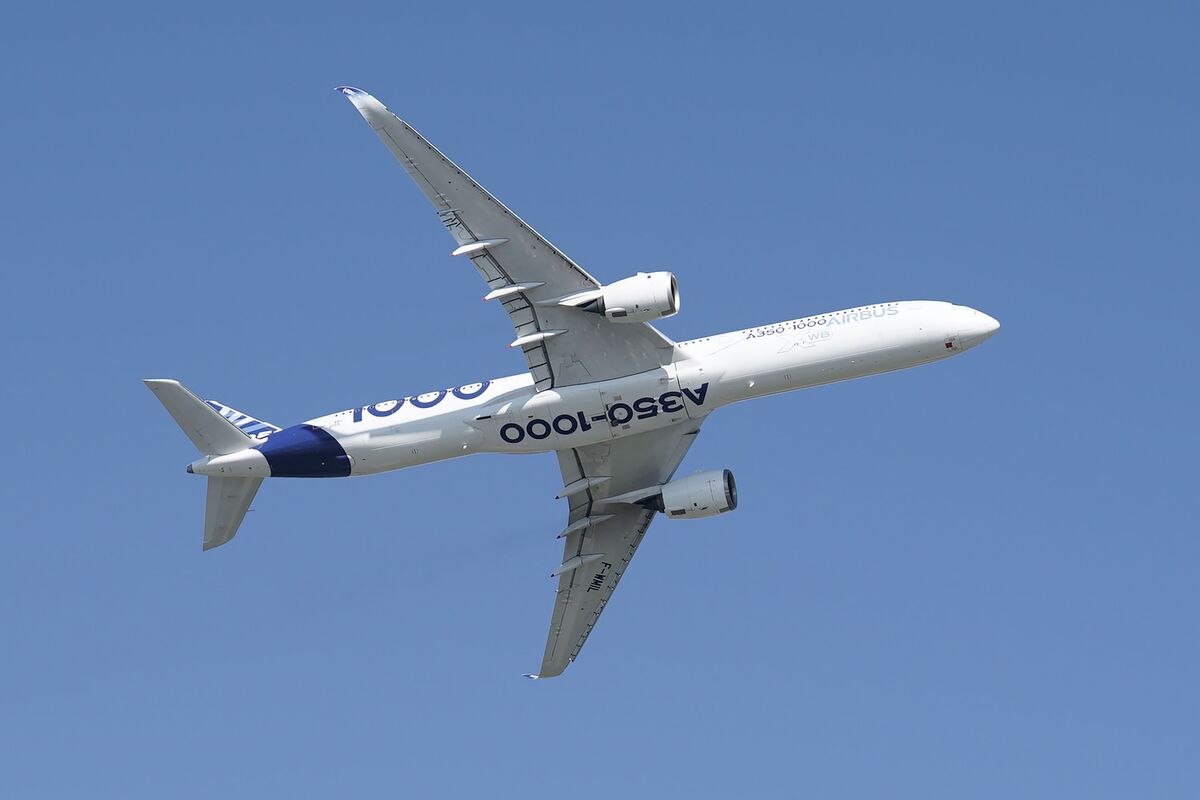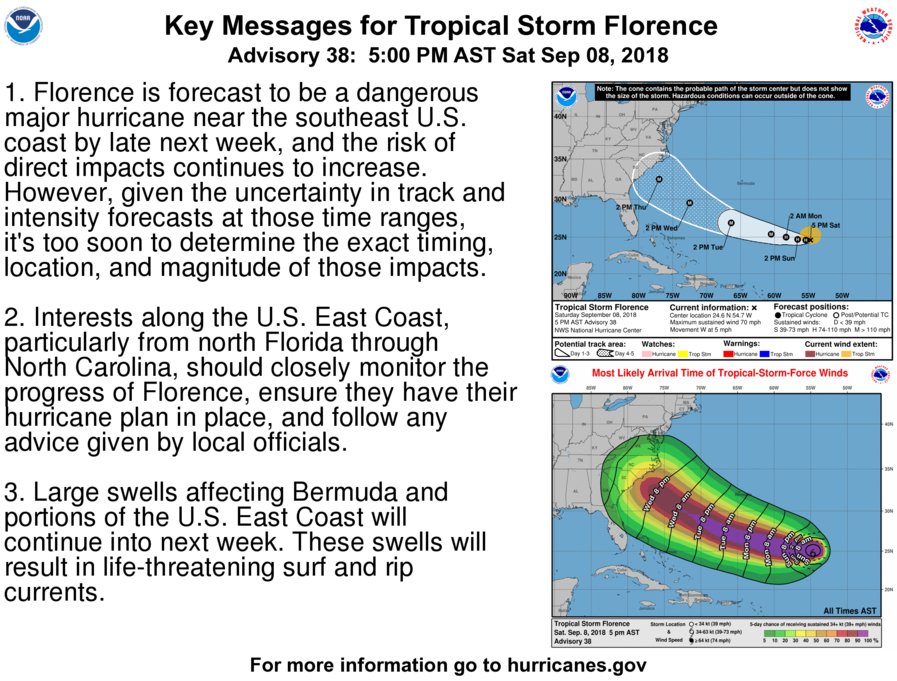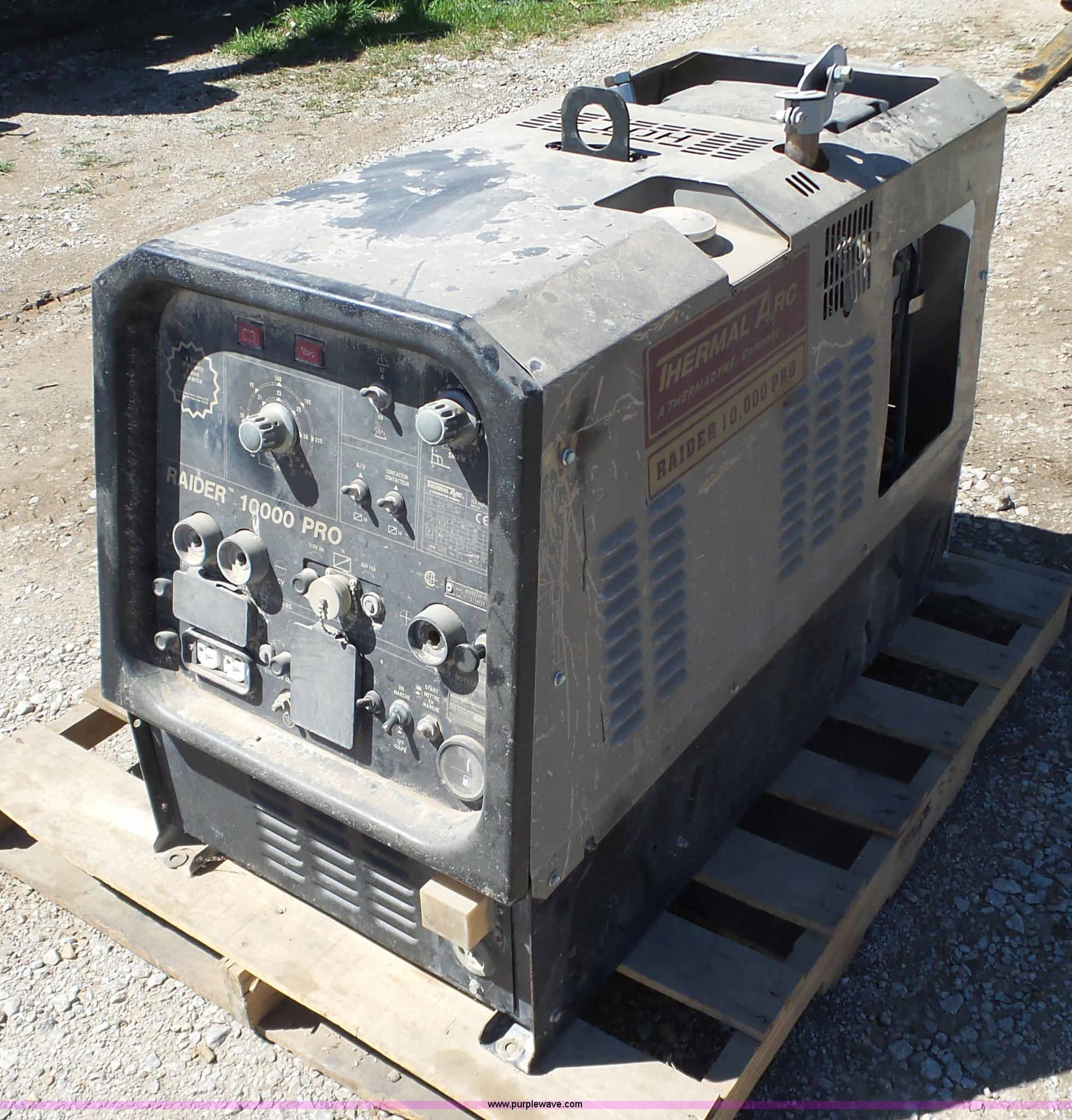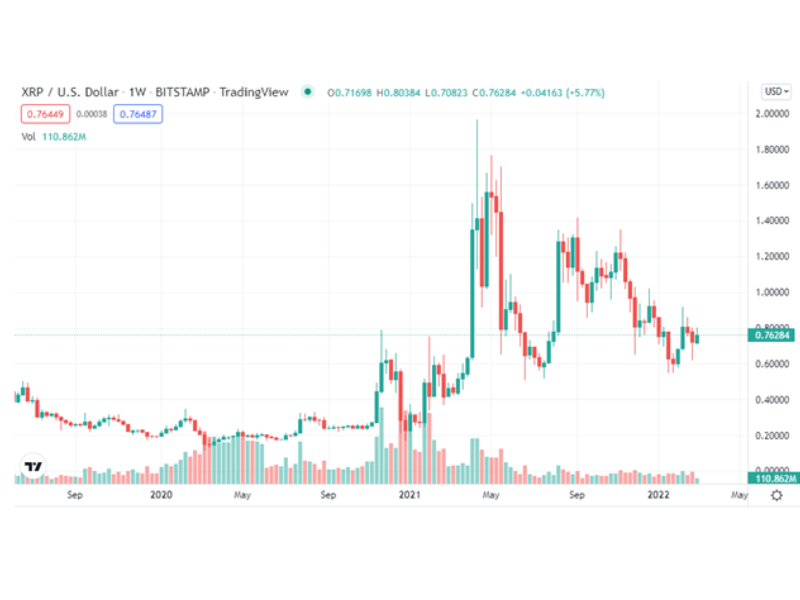Airbus Passes US Tariff Burden Onto Airlines

Table of Contents
The Impact of US Tariffs on Airbus
The 15% tariff imposed by the US on Airbus aircraft represents a substantial financial burden for the manufacturer. This isn't simply an added cost on the plane itself; it impacts the entire supply chain and operational efficiency.
Increased Production Costs
The tariff significantly increases the cost of importing Airbus planes into the American market. This includes:
- Higher manufacturing costs for Airbus: The tariff directly increases the price of selling planes in the US, reducing profit margins. Airbus needs to account for this added cost in its overall pricing strategy.
- Increased logistical challenges and associated fees: Navigating the complexities of tariffs involves additional administrative burdens, legal fees, and delays, all adding to the overall cost.
- Reduced competitiveness against Boeing in the US market: With the added tariff cost, Airbus planes become less price-competitive against domestically produced Boeing aircraft within the US, impacting market share.
Negotiating with Suppliers
To mitigate the impact of the tariffs, Airbus is likely engaging in intense negotiations with its vast network of suppliers. This involves significant pressure on the supply chain.
- Pressure on suppliers to reduce their prices: Airbus is likely seeking price concessions from its suppliers to offset some of the tariff-related costs.
- Potential disruptions in the supply chain: The pressure on suppliers could lead to delays or disruptions in the supply chain, impacting Airbus's production schedule and potentially leading to further cost increases.
- Difficulty in maintaining consistent product quality and delivery times: The pressure to reduce costs could compromise the quality of components and affect delivery times, impacting customer satisfaction and potentially leading to further complications.
How Airbus is Passing on the Costs to Airlines
Airbus faces the difficult task of absorbing some of the tariff costs while also maintaining profitability. Several strategies are likely being employed.
Increased Aircraft Prices
The most direct approach is to increase the price of its aircraft. This directly transfers the burden of the US tariffs to the airlines.
- Direct price increases across all Airbus models: Airlines purchasing Airbus aircraft will see a direct increase in the purchase price, reflecting the tariff costs.
- Differentiated pricing strategies depending on airline size and purchasing power: Airbus might negotiate different price increases based on the airline's size and negotiating power. Larger airlines with significant purchasing volume might secure better deals.
- Potential impact on airline profitability and expansion plans: Increased aircraft prices directly impact airline profitability, potentially forcing them to scale back expansion plans or delay fleet modernization.
Negotiated Contracts and Payment Structures
Airbus might be exploring creative financial arrangements to ease the cost burden for airlines.
- Extended payment timelines: Airlines might be offered longer payment terms to spread out the increased cost over a longer period.
- Conditional pricing adjustments based on market conditions: Pricing could be adjusted based on future market fluctuations, providing some level of risk-sharing between Airbus and the airlines.
- Increased complexity in airline-manufacturer negotiations: These revised payment structures and conditional pricing add complexity to negotiations, requiring more time and resources from both parties.
Reduced Services and Support Packages
Airlines might find that their traditional service and support packages are reduced.
- Limited on-site support and maintenance: To cut costs, airlines may experience reduced on-site support and maintenance services.
- Reduced warranty coverage: Warranty coverage on aircraft components might be reduced to lower overall costs.
- Increased reliance on third-party maintenance providers: Airlines might need to rely more on independent third-party maintenance providers, potentially increasing their costs and reducing quality control.
The Broader Implications for the Airline Industry
The impact of Airbus passing on the tariff costs extends far beyond the manufacturer and airlines directly involved.
Higher Ticket Prices
The increased costs will likely be passed down to consumers through higher airfares, impacting air travel affordability.
Reduced Airline Profitability
This additional cost pressure will likely result in lower profits for airlines, potentially limiting their ability to invest in new technologies and fleet modernization.
Geopolitical Impact
This trade dispute illustrates the interconnected nature of the global aviation industry and its vulnerability to international trade tensions.
Conclusion
Airbus passing the burden of US tariffs onto airlines is a significant development with far-reaching consequences. Increased aircraft prices, renegotiated contracts, and potentially reduced services will significantly impact airline profitability and could lead to higher ticket prices for passengers. This situation underscores the far-reaching consequences of protectionist trade policies and highlights the need for a resolution to the US-EU trade dispute. Understanding how Airbus is managing the tariff burden and its implications for the airline industry is crucial for both airlines and consumers. Staying informed about the latest developments concerning Airbus and US tariffs is vital for navigating this complex landscape. Keep up-to-date on the latest news and analysis regarding the impact of Airbus tariffs on the aviation industry to make informed decisions.

Featured Posts
-
 South Carolinians Trust Their Elections 93 Approval In Recent Survey
May 02, 2025
South Carolinians Trust Their Elections 93 Approval In Recent Survey
May 02, 2025 -
 Explaining The Fierce Internal Row Currently Dividing Reform Uk
May 02, 2025
Explaining The Fierce Internal Row Currently Dividing Reform Uk
May 02, 2025 -
 Arc Raider Tech Test 2 Coming Soon To Pc And Consoles
May 02, 2025
Arc Raider Tech Test 2 Coming Soon To Pc And Consoles
May 02, 2025 -
 Dragons Den Success Tips And Strategies For Entrepreneurs
May 02, 2025
Dragons Den Success Tips And Strategies For Entrepreneurs
May 02, 2025 -
 Xrp Ripple Price Prediction Should You Buy Under 3
May 02, 2025
Xrp Ripple Price Prediction Should You Buy Under 3
May 02, 2025
